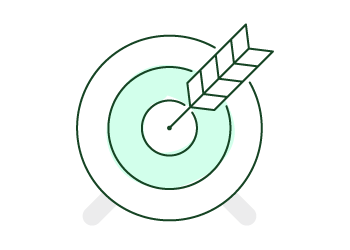Getting Things Done - GTD
Getting Control With GTD: Capture
AUTHOR: Francisco Sáez“We want our minds to be clear--not so we can think clearly, but so we can be open in our perceptions.” ~ Mary Caroline Richards

Capturing is the first phase you need to carry out to take control of your world. In the GTD terminology (Getting Things Done) it is called also collecting and basically involves identifying what already has your attention—what is potentially relevant in your current reality.
Actually, although you do not realize it, you already capture everything that is relevant to you. At least, your brain does. It is an unconscious act that is responsible for putting that information somewhere in your mind where, besides of not being accessible for proper analysis at the right time, it constantly restricts your attention span.
So if there’s something in your head, you must capture it immediately. Write it down in your notebook, type it in your to-do application, put it in your planning tool, write it on your whiteboard or even use a post-it note or a voice recorder. It doesn’t matter how you do it, as long as you take it out of your head and put it in a place where you can easily review it later.
If it is something connected with teamwork, you should use a capture tool that allows to share easily what is caught among the team members.
It has nothing to do with putting your attention on that “stuff” at the time of its capture. That will come later. It’s only about acknowledging that something came up that provokes some mess in your life, so you will have the opportunity to handle it at the right time. This way you make that dissonance to no longer disturb your consciousness and you can continue fully focusing on what you were doing.
When you’re getting started with GTD, there are two very common mistakes. The first error is to not capture everything that goes in your mind, causing you to overlook these benefits:
- An empty mind does not distract you constantly with things that you can not (or should not) do anything for the time being. And you know that distractions increase your stress and decrease your ability to focus and therefore your productivity.
- By emptying your mind you get a clear view of everything that makes up your current reality and that is critical to make good decisions.
- By emptying your mind you stop losing opportunities because of forgetfulness or not taking into account ideas that seemed unimportant.
The second mistake is not collecting properly. As my good friend and GTD expert José Miguel Bolívar says “you do GTD the right way when you manage to isolate each one of its phases, when you don’t unconsciously blend several of them at the same time.” This is how you take advantage of the full potential of true GTD. When you have been using other methods (or none), it is usual to collect, process and organize new information, all at the same time —and that’s strongly similar to having no method.
Related articles:





No comments